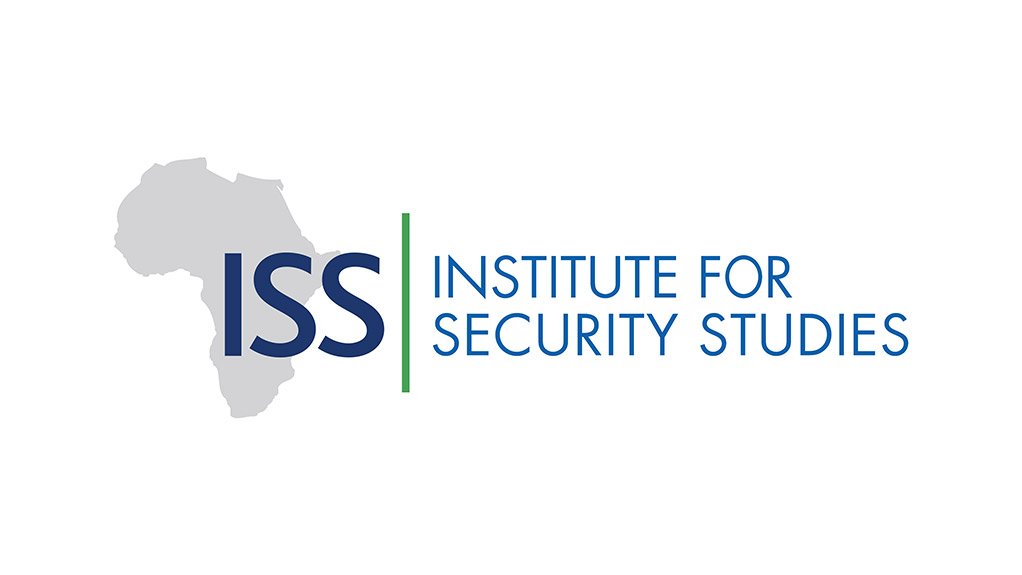Perceptions of the South African Police Service’s (SAPS) response to the country’s July unrest were almost uniformly negative and led to criticism of the police reaching a high point in 2021.
The SAPS handling of the situation will be evaluated by the expert panel appointed by President Cyril Ramaphosa in August and chaired by Professor Sandy Africa. But problems with the police extend beyond their response to the unrest.
Data highlights a generalised decline in performance during the 2012-2020 period and serious weaknesses in the police disciplinary system. At the same time, public opinion surveys indicate that SAPS is one of the least trusted and most corrupt components of government.
There are major grounds for concern about the police, including its performance and the conduct of its members. But there is less agreement about why it finds itself in this position and what needs to be done to fix it.
Attempts to characterise the shortcomings of the SAPS often refer to the militarisation of the police, but that is not the only factor. With its 181 000 members and administrative staff, the SAPS is by far the largest government department in South Africa. Its problems are characteristic of many large bureaucratic organisations, particularly those that operate in a highly centralised manner.
Large bureaucracies tend to ossify due to their complexity and the enormous burden involved in maintaining and reproducing their systems of operation. They become rigid and incapable of change.
The weaknesses in the SAPS were discussed at an Institute for Security Studies (ISS) seminar in September featuring former major-general Jeremy Vearey. Vearey, who was imprisoned for being a member of the African National Congress in the 1980s, was a SAPS officer from when it was established in 1995.
He served as station commissioner of various precincts in the Western Cape and in other senior roles. After a 26-year career in the police, he was fired in May 2021, allegedly for ‘ill-discipline’ and ‘disrespect of top management’ linked to comments he made alongside media articles he posted on Facebook.
Vearey said the SAPS was characterised by a heavily hierarchical culture where new ideas could only ‘gain purchase’ if they came from or were endorsed by the ‘generals right at the top.’ The report of the international panel of experts, appointed in 2016 on the recommendation of the Marikana Commission, also highlighted this aspect. It said this was one of the ways in which the SAPS could be regarded as militarised.
The expert panel report says one of the problems in the police is an ‘excessive deference to rank.’ Those ‘with the highest rank always have the last word and make decisions regardless of their expertise or experience or lack thereof,’ it said. This is a factor that contributed to the Marikana massacre by police in 2012. Though it was evident that the police operation at Marikana would lead to bloodshed, senior members’ instructions were not questioned.
Speaking at the ISS seminar, Vearey said one result of the hierarchical SAPS culture was that its leadership generally disregarded new ideas emanating from station commanders and others working with the public. Because of this inability to learn lessons ‘from the ground,’ the SAPS couldn’t adapt and innovate to improve the effectiveness of policing, he said.
Vearey’s experience resonates with rank-and-file personnel in other bureaucracies who try to innovate to address shortcomings in their organisations. Such organisations rarely recognise the need to learn from these experiences or create room for testing new approaches.
So the SAPS has minimal capacity for analysis, reflection and learning, including from the experience of its members. Instead, when it does adapt, this happens by mechanistically drafting instructions or training manuals.
Obstacles to responsiveness and innovation are not a problem of internal police culture only. According to South Africa’s constitution and laws, police governance is spread widely to encompass the police minister, Parliament (guided by the Portfolio Committee on Police), the Civilian Secretariat for Police and police leadership. The National Treasury also plays a significant role.
This governance system may do more to constrain than facilitate the SAPS’s ability to innovate in dealing with its challenges. The absence of coherent policymaking and a programmatic approach to strengthening policing is also a factor, as is the tendency for centralised control that’s embedded in South Africa’s policing approach. Experience elsewhere shows that the orientation towards ‘predictability and uniformity’ in governance can limit an organisation’s ability to adapt to new challenges.
The decline in policing in South Africa needs to be reversed, but we must do more than that. The country needs a stable policing system that is responsive and innovative and better attuned to the policing needs of a democracy.
The SAPS should fully embrace a non-militaristic ethos oriented towards public service and minimal use of force. Police leadership, and the governance system that oversees policing in South Africa, must also be revitalised.
Written by David Bruce, Independent Researcher and Consultant, ISS Pretoria
EMAIL THIS ARTICLE SAVE THIS ARTICLE ARTICLE ENQUIRY
To subscribe email subscriptions@creamermedia.co.za or click here
To advertise email advertising@creamermedia.co.za or click here











